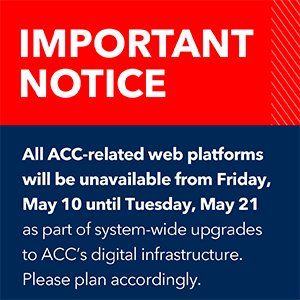Orbofiban in Patients with Unstable Coronary Syndromes, Thrombolysis in Myocardial Infarction - TIMI 16-OPUS
Description:
Not Available.
Hypothesis:
To determine the efficacy of the oral antiplatelet glycoprotein IIb/IIIa inhibitor, orbofiban, in patients with unstable coronary syndromes.
Study Design
Study Design:
Patients Screened: Not given
Patients Enrolled: 12,000
Patient Populations:
Chest pain > 5 minutes in last 72 hours; positive enzymes or EKG changes
Primary Endpoints:
Death, MI, recurrent ischemia, stroke at 1 year
Drug/Procedures Used:
Patients were randomized to placebo vs. orbofiban 50mg orally twice a day or orbofiban 50mg for 30 days followed by 30mg twice a day.
Principal Findings:
The study was stopped early when there was an increased mortality in one of the orbofiban groups. At 30 days the mortality rate was 2.3% in the orbofiban 50/30 group, 1.6% in the orbofiban 50/50 group and 1.4% in the patients that received placebo. There was a decreased rate or urgent revascularization associated with orbofiban. At 300-day follow-up, preliminary analysis continued to demonstrate an increase in mortality in the orbofiban-treated groups and an increased rate of major severe bleeding.
Interpretation:
Oral GP IIb/IIIa antagonism with orbofiban was associated with more deaths, and more severe bleeding, but less urgent revascularization.
References:
Circulation 2000;102:149-56
Keywords: Follow-Up Studies, Platelet Aggregation Inhibitors, Pyrrolidines, Electrocardiography, Platelet Membrane Glycoprotein IIb, Platelet Glycoprotein GPIIb-IIIa Complex
< Back to Listings

